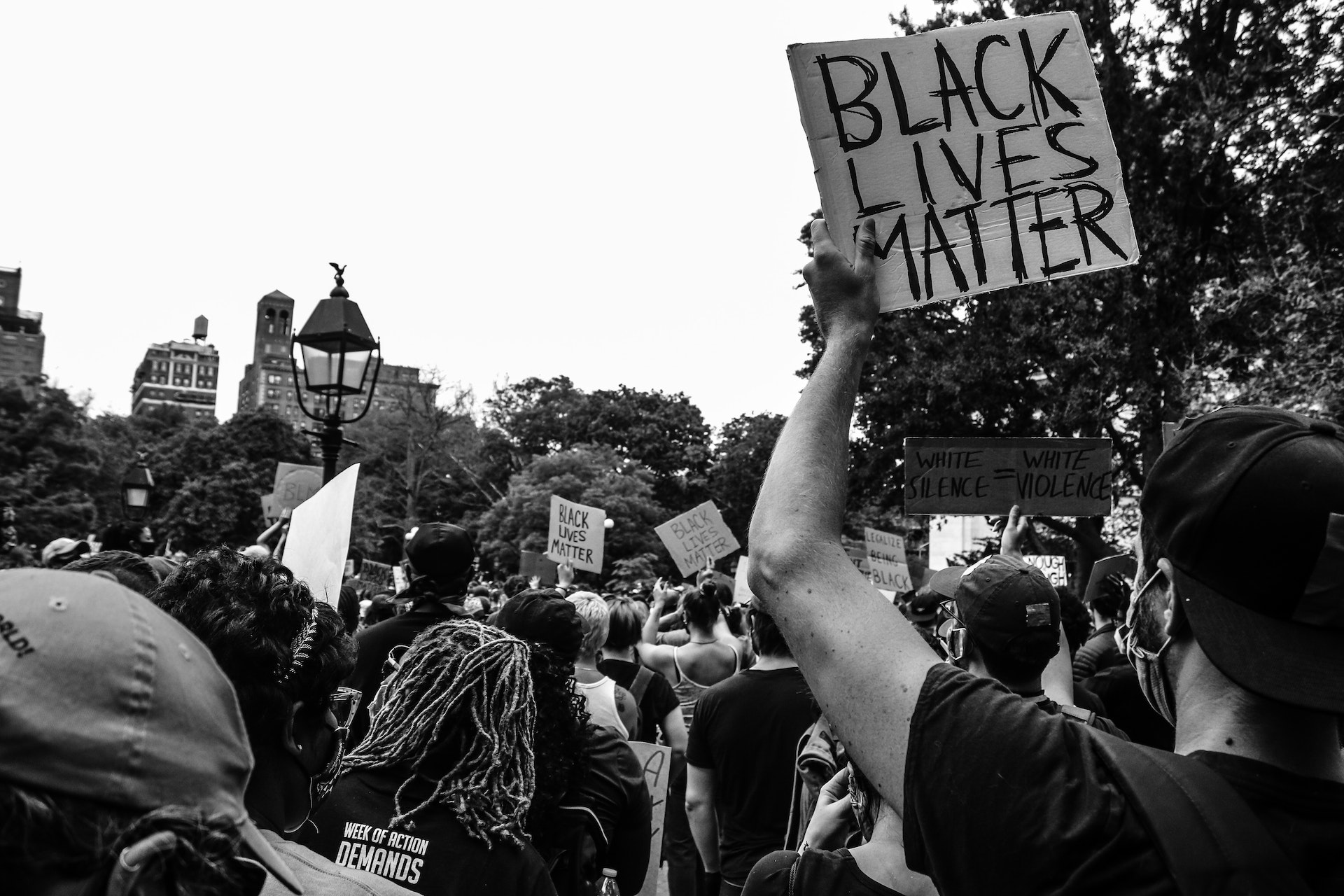Do Black Lives Matter post George Floyd?

Three years have passed since the murder of George Floyd at the hands of a white police officer in Minneapolis; a tragedy which sparked protests across the United States and the world.
George Floyd’s death led to global outrage about systemic racism not just in policing but in society more broadly. During the subsequent Black Lives Matter movement, organisations around the world pledged to make Race Diversity, Equity and Inclusion a central part of their agenda, examine their inherent racial biases and take a real stand against racism.
But since 2020, has anything really changed?
At the Diversity Practice we work with organisations on a daily basis who are actively responding to injustice, and are committed to tearing down barriers to inclusion.
Here’s what we’ve observed over the last three years:
Talk has become the end goal – yet, talk without action is just hot air
Let’s acknowledge that across many (but by no means all) organisations there is more talk about race than ever before. This has taken many forms from leadership statements, “safe spaces” for racially diverse employees to talk about their lived experiences, to actual conversations across racial groups.
No doubt, you’ll have heard some variation of the following assertions threaded through organisational discussions:
“At least we’re talking about race”
“We’ve started having uncomfortable conversations”
“We’re talking about creating a robust DEI strategy with race targets”
But, has the act of having ‘uncomfortable conversations’ been co-opted as a radical outcome in itself, rather than the seeds required to begin the process of transformation? What has been the fundamental shift? The blunt answer is that not a lot has changed.
With more talk but minimal systemic action, we have entered a new era where pledges, promises and ‘uncomfortable conversations’ are viewed as the outcome, instead of part of the nuanced work – ongoing dialogue, shifting mindsets, diagnosing and disrupting established systems – necessary to create and sustain real change.
When the system is working for the dominant racial group, talking about change whilst tinkering around the edges feels safe and non-invasive. But without radical action, we cannot expect any substantive shift.
Organisational systems are complex, volatile and most of all human. Organisations need to follow a clear path towards boldly breaking down borders, rather than talking in circles.
Conversations need to be followed up with decisive, positive action; strategies that skilfully integrate race DEI into all aspects of organisational life, leadership development that focuses on equipping leaders with the skills needed to leverage difference as a core strength.
Black talent feels empowered to speak up and take action
The murder of George Floyd was a powerful catalyst for change for Black talent at every level. For the previously ‘invisible, muted, fearful, and disempowered’, this was a fearless wake up call to the reality of racism and its impact on their careers, progression and lived experience. And what organisations need to know is that there’s no turning back.
In a post-pandemic world, competition for talent is fierce. In addition to the ‘Great Resignation’, we’re now dealing with the cost-of-living crisis, market meltdowns and slowed growth forecasts. In this context, business leaders and brands must realise that the war for talent is the new normal, and that Black talent are wide awake to their value, choices and options.
We’re also seeing new behaviours emerging across Gen Z in particular, many of whom are now stepping into their power and refusing to accept old, exclusionary behaviours. Gen Z do not shy away from making their views known – and often vote with their feet.
The backlash is now well underway
At the other end of the spectrum, we have those who have traditionally held power; the insiders whose voices have got louder, and who, with a vested interest in supporting the ‘anti-woke’ right-wing backlash to the diversity agenda, are determined to maintain the status quo.
Within organisations, this attitude can be more covert, often showing up as resistance to change, showing up as inertia or outright hostility. It emerges in the question “what can we do to make sure white, male colleagues feel included?”
Turning words into bold, decisive transformation
The tragic murder of George Floyd sparked a movement, but as with most global issues, the news cycle moves on and the majority go back to the status quo, shielding their eyes from the injustice around them.
So, what’s the solution? How do we turn words into action? Where are the personal, professional, and organisational borders that leaders need to boldly face and cross in order to create the better working world that we all want?
Only by moving on from talk and rhetoric, and taking bold, decisive transformative action can we build a truly Borderless culture in organisations, with systems that are designed to help everyone thrive because of their differences not in spite of them.
We remember George Floyd’s legacy every day, not just in June. What about you? Was the death of George Floyd a defining moment for your organisation, or just another moment? That depends on the actions you take.
We’ll be sharing more of our team’s insights over the coming months, keep checking back to see our latest thinking…
